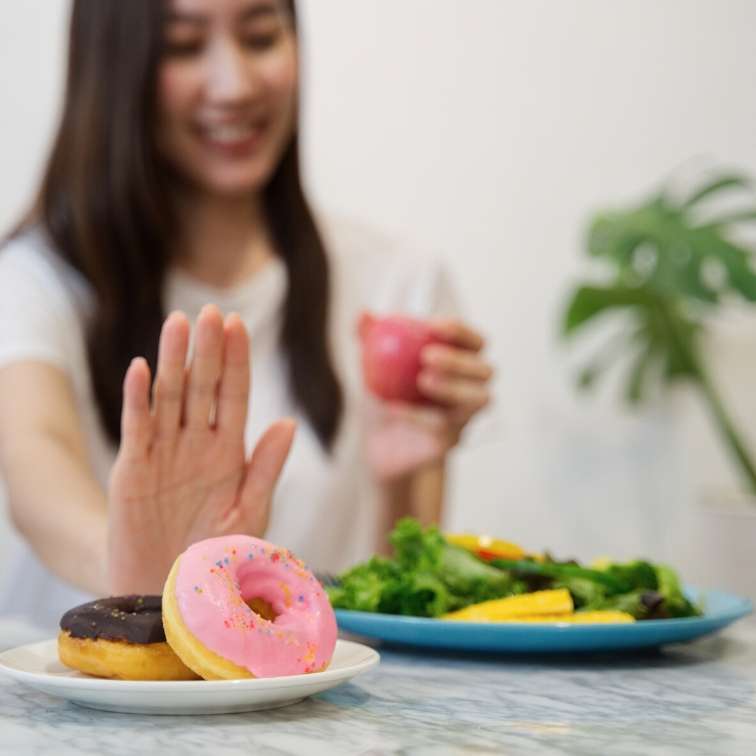
Foods to Avoid While Training for Swimmers
We've focused quite a bit on nutrition for optimal swimming performance, but let's talk about some of the foods to avoid that can sabotage all of those hours at the pool and gym.

1. Spicy and fatty foods
Stay away from anything that causes stomach discomfort from gastrointestinal issues like bloating, cramps, and indigestion. This means foods that are heavy in spices that your body isn't used to and fatty, fried foods. Of course, a little fat in your diet is good, but aim to get those from nuts, avocados, and fatty fish instead of from a piece of pepperoni pizza.

2. High fiber foods
These take a little longer to digest, so it's best not to eat them right before jumping in the pool. Eating them too soon before training, and you'll end up with indigestion and nausea. Although high fiber foods help prevent heart disease and diabetes, it's best to save these foods like wheat pasta, beans, and broccoli for a meal after you've finished working out and have enough time to digest.
3. Sugary foods
Besides the typical culprits of donuts and candy, there are lots of foods that are high in sugar without you even knowing it. Take a look at labels before popping a breakfast goodie in your mouth, since you might end up crashing from that sugar high in less than an hour. Sports drinks, fruit juices, and other food snacks typically have more simple sugar than an athlete needs, so be careful about what you're eating and drinking.

4. Cereals and Granola bars
These sound healthy, right? But these popular snacks sometimes pack more sugar than a candy bar. Read labels and make sure to keep sugar content less than 5-10 grams per serving and calorie count about 180 calories.
5. Caffeine
Caffeine made the list mainly because it's on the banned list with the NCAA. If you are not aware, having over 15 micrograms of caffeine in your urine if you have been tested could put you in some hot water with the NCAA. We also do not recommend it to anyone in school because, apart from the lack of studies on kids, it could get you into the wrong training habits once you get in college.
However, for anyone out of college, take a look at it. There have been studies showing it may help with Aerobic exercise as well as Power Output but it's hard to come up with any conclusive statements about caffeine outside of non-applied biochemistry simply because of its immense social usage as well as creeping biases.
Keep this handy checklist with you while you're doing your shopping so you know what foods to avoid. And of course, be careful what you munch on in between training! If you're considering supplementing make sure to do your research. Competitive athletes should be wary of products from companies that do not conduct independent testing and try to avoid protein shakes with these three ingredients.
Sources
- http://www.bbcgoodfood.com/ howto/guide/what-eat -heavy-training-day
- http://www.ausport.gov.au/ais/ nutrition/factsheets/ competition _and_training/eating_ before_exercise
- (http://newsroom.ucla.edu/ releases/this-is-your-brain-on-sugar -ucla-233992)
- http://www.livestrong.com/ article/79971-foods-athletes- should-avoid/
- http://swimswam.com/ 7-biggest-mistakes-swimmers- make-before-a-championship-meet/
- http://www.ncaa.org/ health-and-safety/policy/ 2014-15-ncaa-banned-drugs

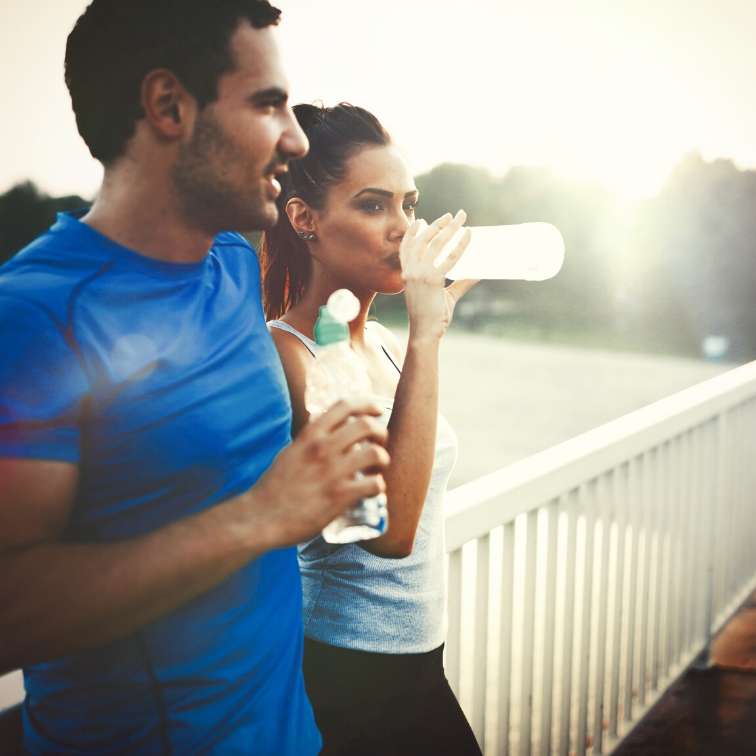
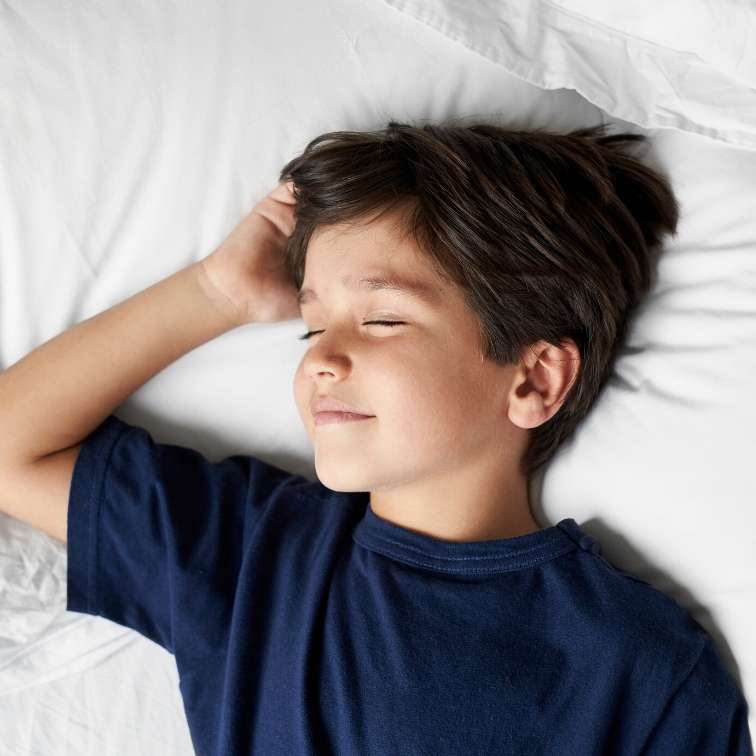






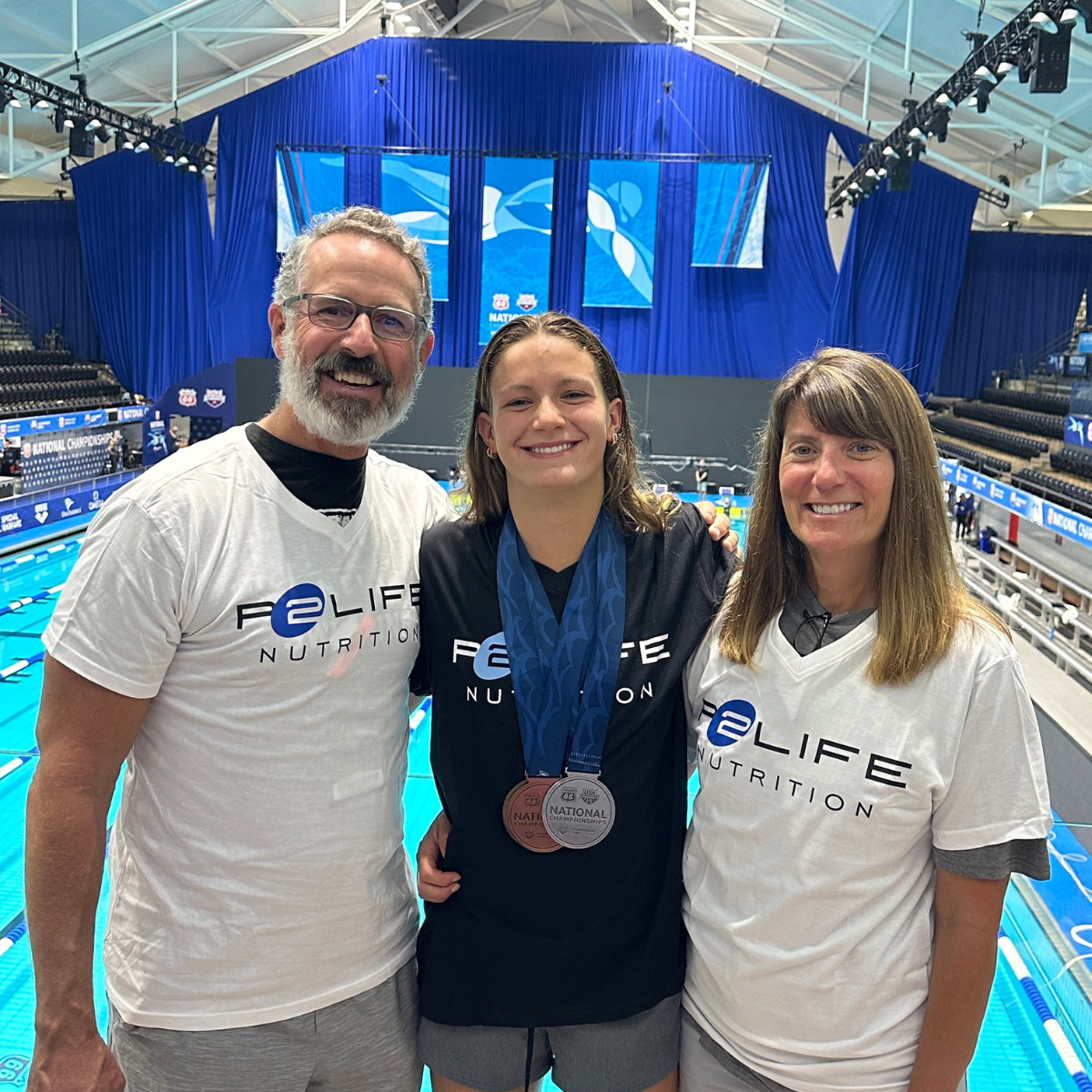
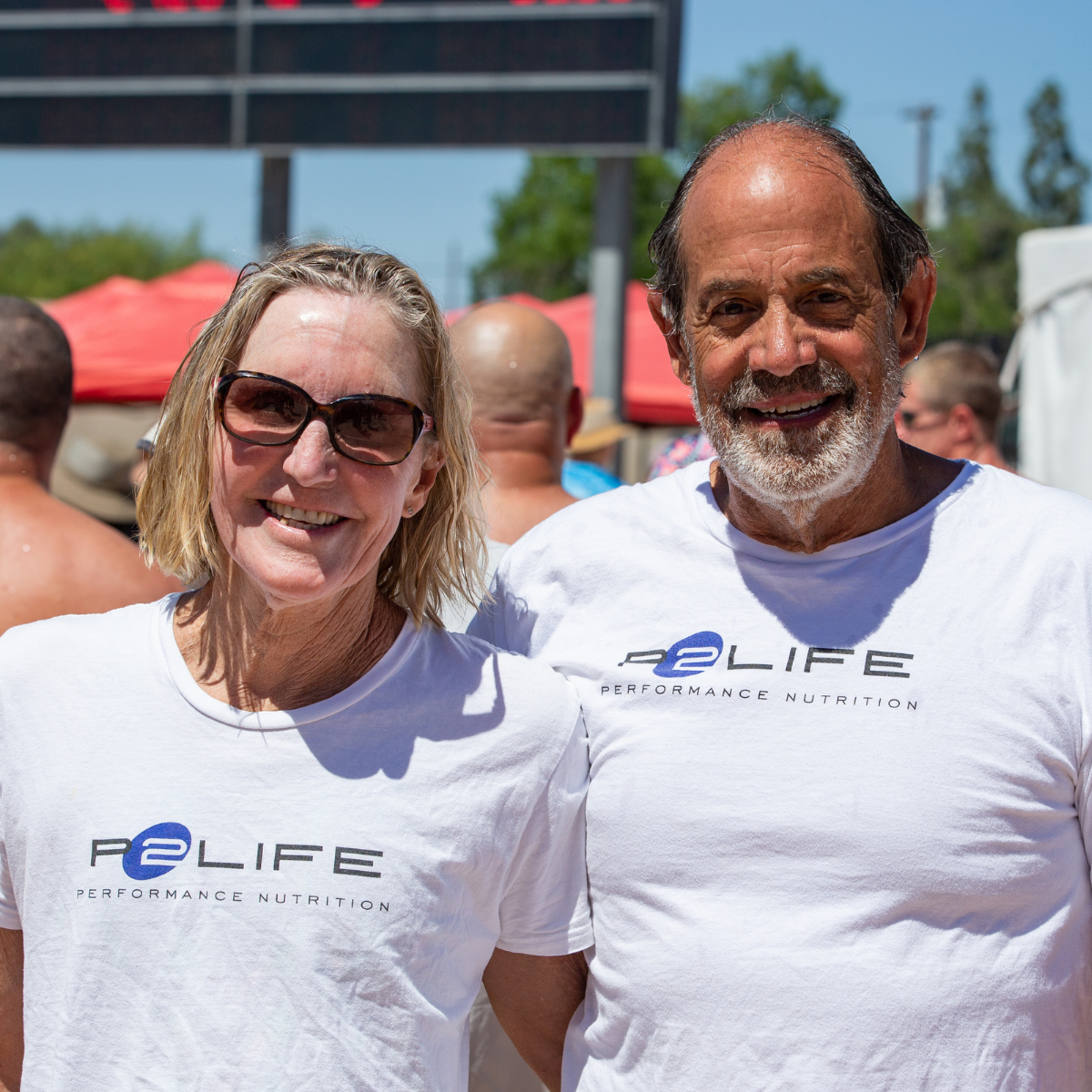
Leave a comment
This site is protected by hCaptcha and the hCaptcha Privacy Policy and Terms of Service apply.